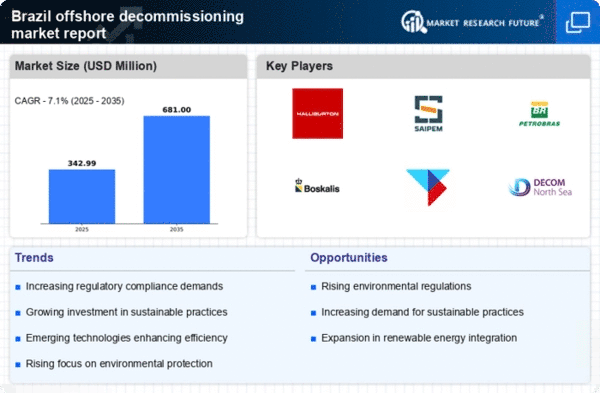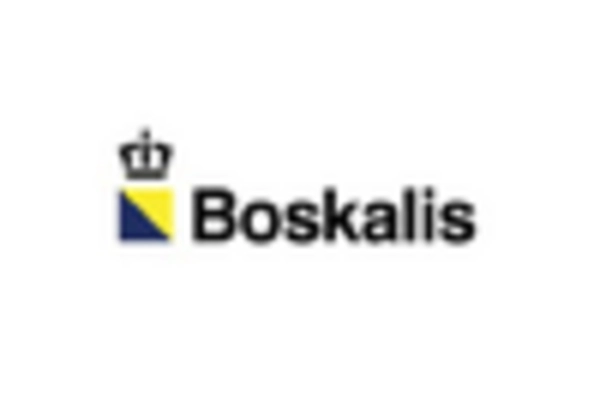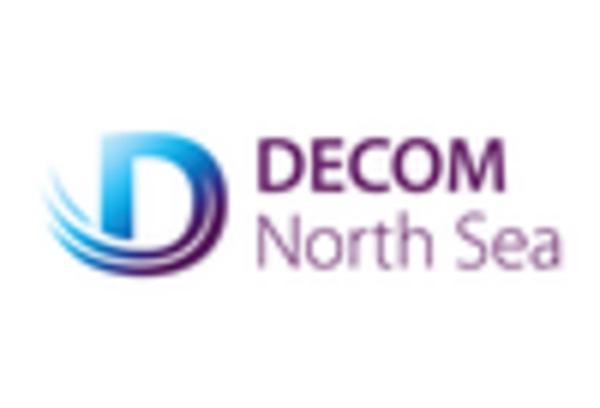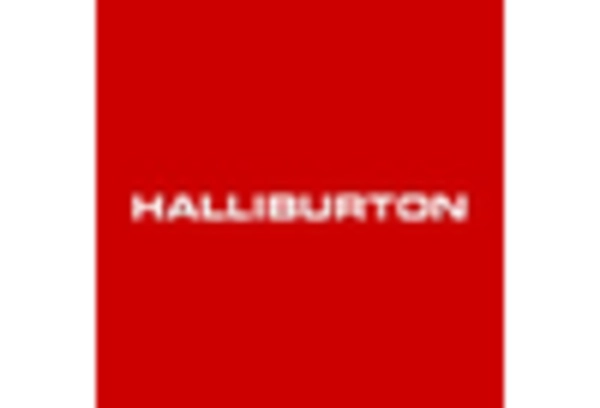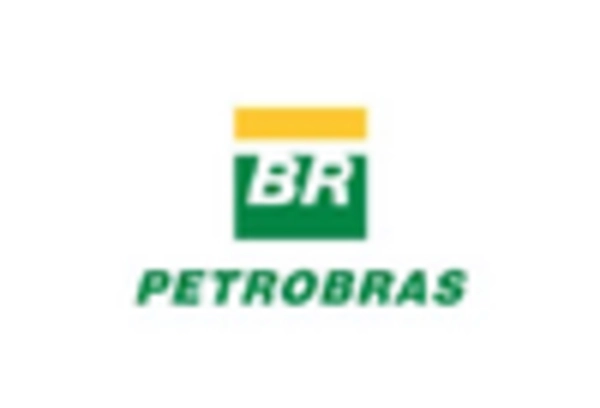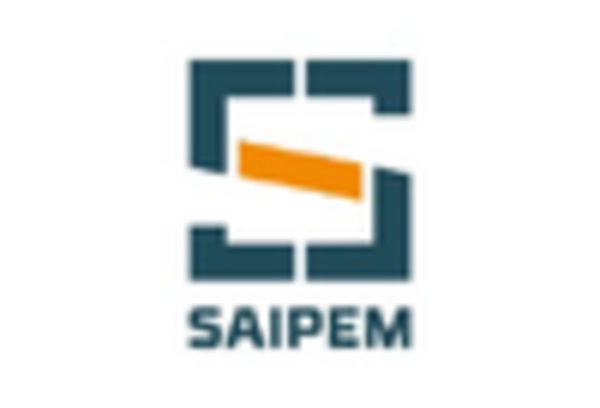Economic Factors and Investment Trends
Economic conditions play a pivotal role in shaping the offshore decommissioning market in Brazil. Fluctuations in oil prices and investment trends directly impact the financial viability of decommissioning projects. In recent years, Brazil has seen a shift in investment focus towards sustainable practices, with companies increasingly allocating funds for decommissioning as part of their long-term strategies. The offshore decommissioning market is expected to benefit from this trend, as operators seek to mitigate financial risks associated with aging assets. Furthermore, government incentives for environmentally responsible decommissioning practices may enhance investment attractiveness. Analysts suggest that the market could experience a growth rate of approximately 15% annually, driven by these economic factors and the increasing prioritization of sustainable operations.
Environmental Regulations and Compliance
The offshore decommissioning market in Brazil is increasingly influenced by stringent environmental regulations aimed at minimizing ecological impact. The Brazilian government has implemented laws that mandate the safe removal and disposal of offshore structures, which has led to a growing demand for decommissioning services. Compliance with these regulations is not only a legal requirement but also a corporate responsibility for operators. As a result, companies are investing in decommissioning projects to avoid penalties and enhance their sustainability profiles. The market is projected to grow as more operators recognize the importance of adhering to these regulations, with estimates suggesting a potential increase in decommissioning activities by up to 30% over the next five years. This trend underscores the critical role of regulatory frameworks in shaping the offshore decommissioning market.
Aging Infrastructure and Asset Retirement
The offshore decommissioning market is significantly driven by the aging infrastructure of oil and gas platforms in Brazil. Many offshore installations are reaching the end of their operational life, necessitating decommissioning to ensure safety and environmental protection. The Brazilian National Agency of Petroleum, Natural Gas and Biofuels (ANP) has reported that approximately 40% of offshore platforms are over 25 years old, indicating a pressing need for decommissioning services. This aging infrastructure presents both challenges and opportunities for the market, as operators must navigate the complexities of dismantling and disposing of obsolete assets. The potential for decommissioning projects is substantial, with estimates suggesting that the market could be valued at over $5 billion in the next decade, driven by the need for responsible asset retirement.
Public Awareness and Stakeholder Engagement
Public awareness regarding environmental issues is driving the offshore decommissioning market in Brazil. As communities become more informed about the ecological impacts of offshore activities, there is a growing demand for transparency and accountability from operators. Stakeholder engagement has become essential, with companies needing to communicate their decommissioning plans effectively to gain public trust. This shift in public sentiment is prompting operators to prioritize responsible decommissioning practices, which may lead to increased project costs but ultimately enhances corporate reputation. The offshore decommissioning market is likely to evolve as companies adapt to these societal expectations, potentially leading to a more sustainable and community-focused approach to decommissioning.
Technological Innovations in Decommissioning
Technological advancements are reshaping the offshore decommissioning market in Brazil, offering innovative solutions for efficient and safe dismantling of offshore structures. The adoption of advanced technologies, such as robotics and remote-operated vehicles (ROVs), is enhancing operational efficiency and reducing costs associated with decommissioning projects. These innovations allow for more precise assessments of decommissioning needs and facilitate the safe removal of hazardous materials. As companies increasingly embrace these technologies, the offshore decommissioning market is likely to see a surge in project execution speed and safety standards. The integration of technology is projected to reduce decommissioning timelines by up to 20%, thereby attracting more investment and interest in the market.


